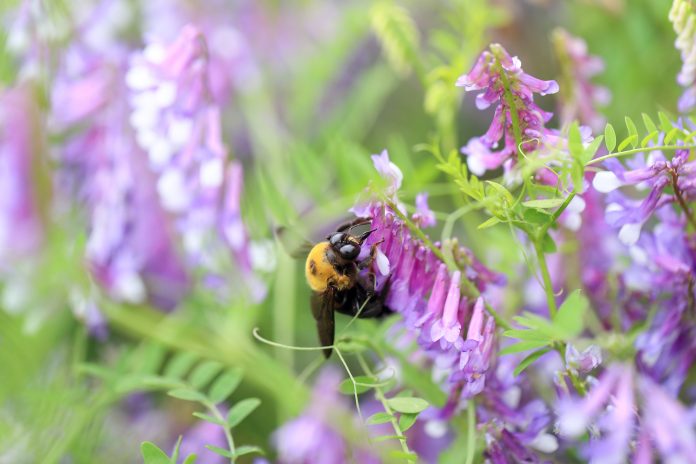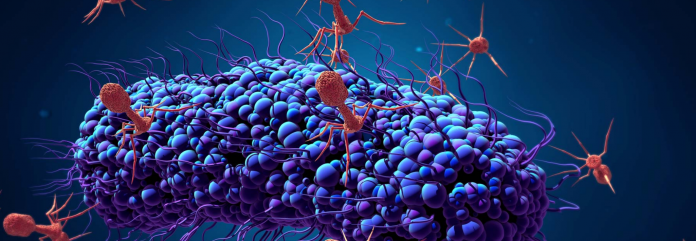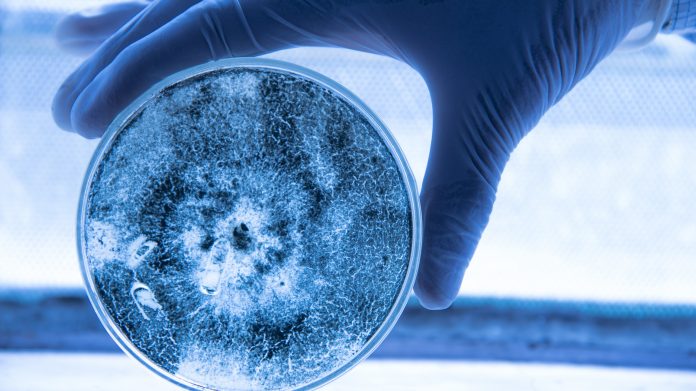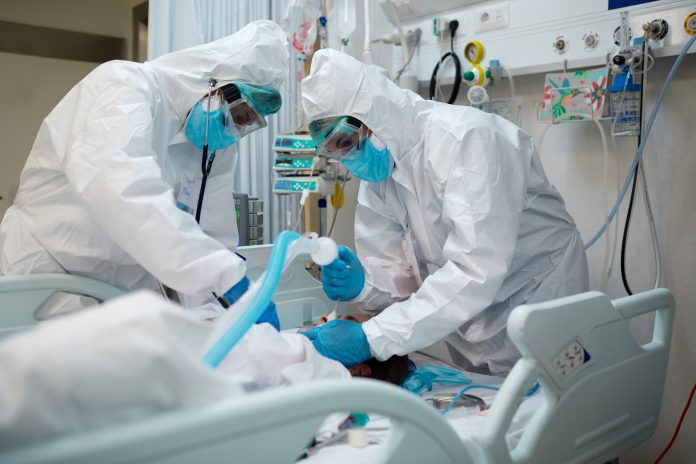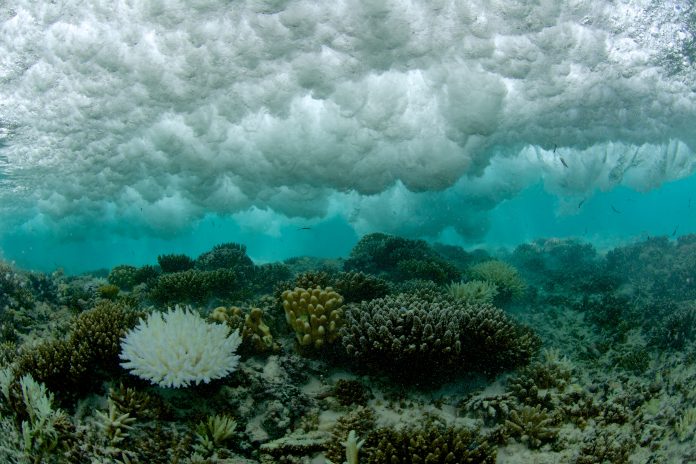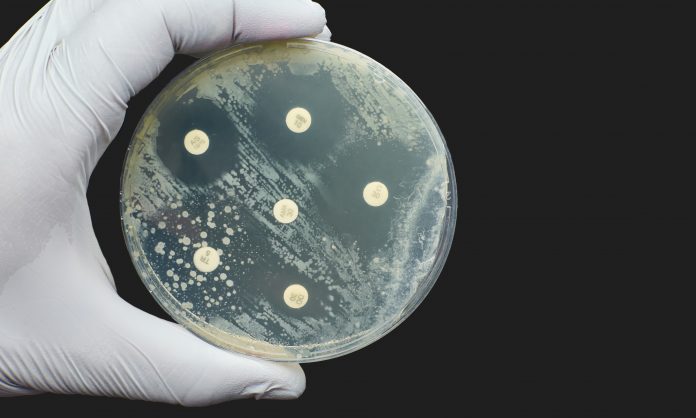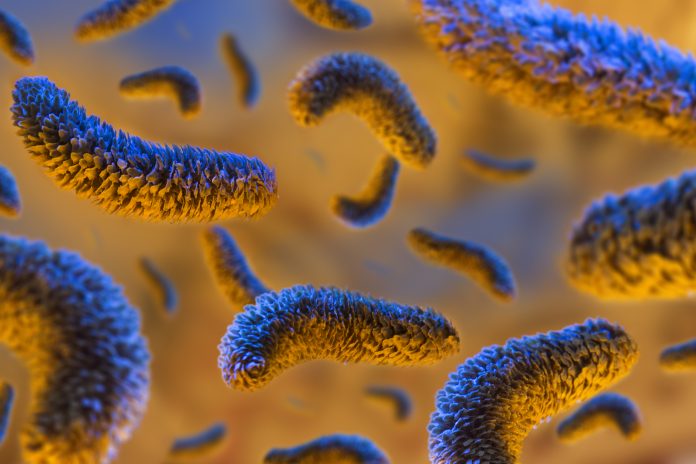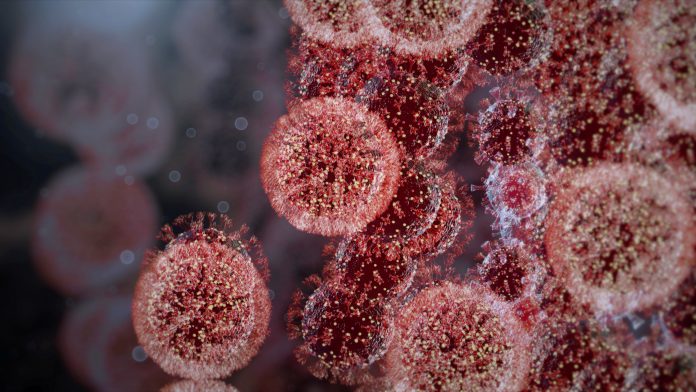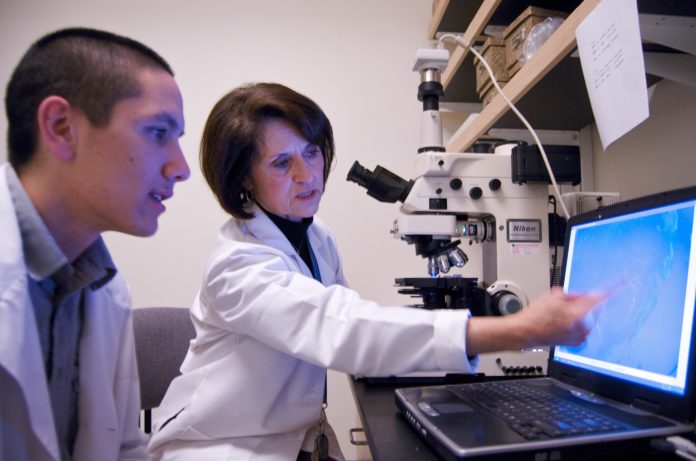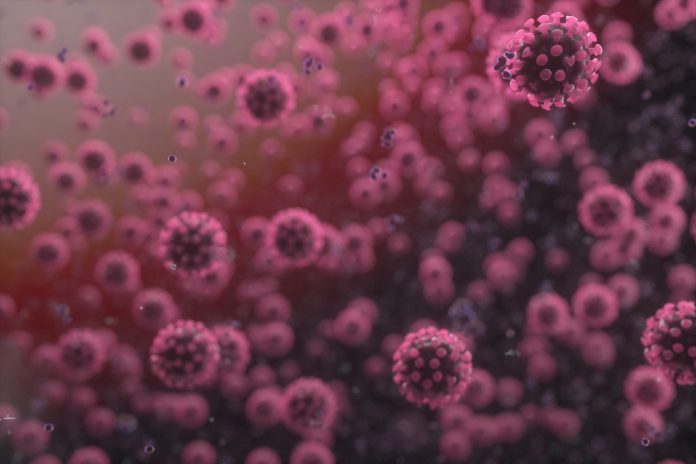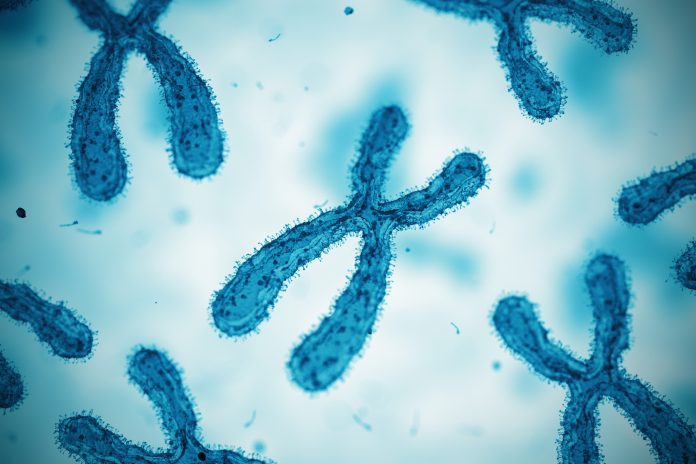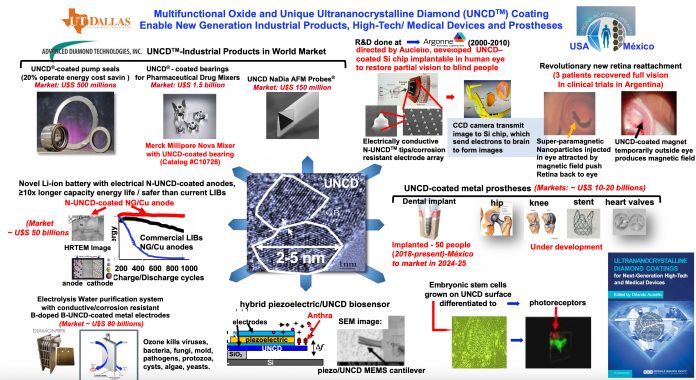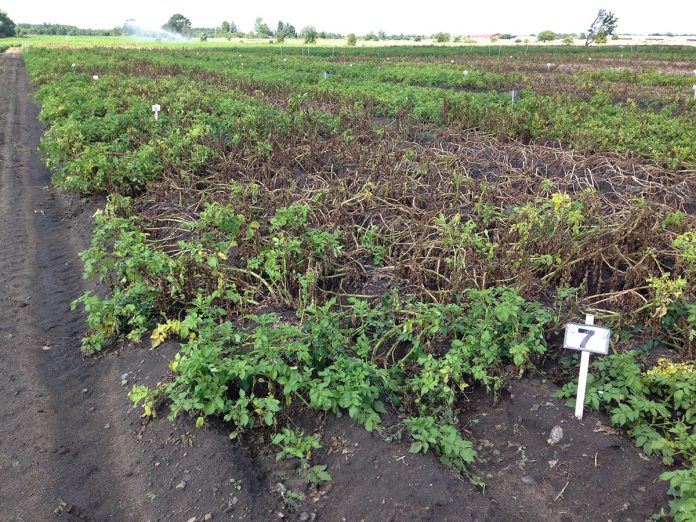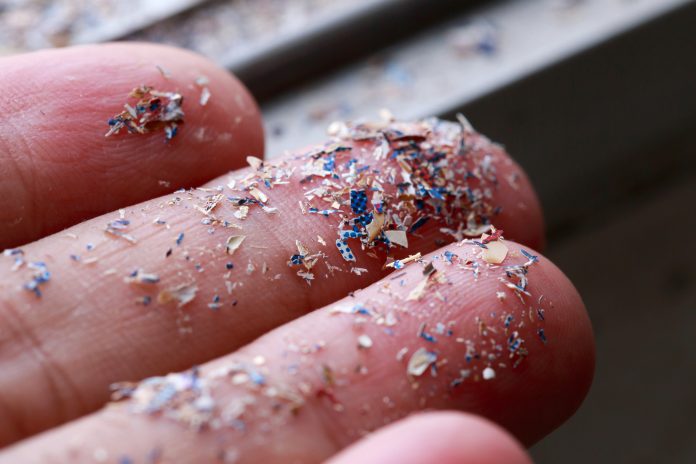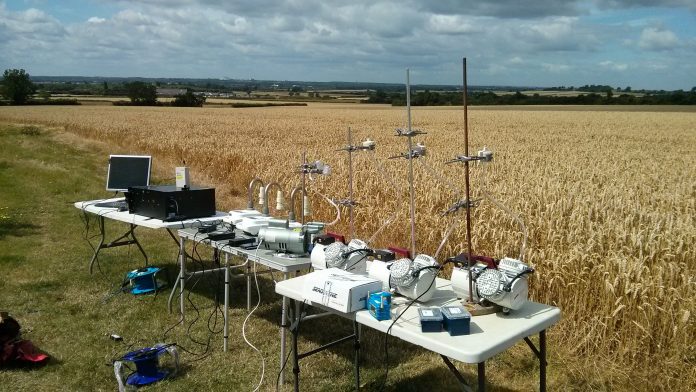Open Access Government produces compelling and informative news, publications, eBooks, and academic research articles for the public and private sector looking at health, diseases & conditions, workplace, research & innovation, digital transformation, government policy, environment, agriculture, energy, transport and more.
Home Search
pathogens - search results
If you're not happy with the results, please do another search
Maternal care deficiency: Affecting development and health of carpenter bees
York University researchers have discovered that while most bees are solitary creatures, there is a remarkable exception in the form of tiny carpenter bee species when concerning maternal care.
Bacteriophages: Nature’s remedy for tackling superbugs and antimicrobial resistance
Given the increasing threat of antimicrobial resistance, Gunther Vanwezer, CEO of Vésale Bioscience, explains how bacteriophages offer a promising natural solution and outlines the company’s efforts to become a pioneer in the development of innovative, personalised and sustainable phage-based therapy solutions.
Turning root fungus from harmful to helpful
The mould and diseases caused by root fungus can impact the preservation of fruits and vegetables, potentially shortening their shelf life. However, could certain fungi be altered to benefit their host?
Why research on immune system disorders is critical to improving patient outcomes
The immune system is the body’s natural defence against antigens such as bacteria and viruses, but in some cases, it can malfunction. We explore the prevalence of immune system disorders, the associated unmet medical needs, and therapeutic research.
Biocontrol fungi for plant disease research
Susanne Zeilinger, University Professor for Microbiology, underscores sustainable solutions for plant disease research, focusing on the power of biocontrol fungi.
Applying data science advances in disease surveillance and control
Dr. David S. Ebert from the University of Oklahoma’s Data Institute for Societal Challenges and Dr. Aaron Wendelboe from the University of Oklahoma Health Sciences Center outline how a cohesive, multidisciplinary, and multi-tiered approach can support a more predictive model in disease surveillance and control.
Coral disease has tripled over the last 25 years, wiping out entire reef habitats
As global temperatures rise, deadly coral disease is becoming more prevalent on reefs. Likely to become endemic, researchers highlight the need for urgent mitigation of coral disease.
Could gene editing breakthrough curb the spread of antimicrobial resistance?
Amidst the rising spread of antimicrobial resistance, hope emerges in the form of a ground-breaking tool. Progress in gene editing holds the potential to curb the relentless march of antimicrobial resistance.
Exploring the possibilities of bacteriophages for tuberculosis
Bacteriophages have long offered prospects for treating bacterial infections. Is it time to use phages to control tuberculosis? Professor Graham F. Hatfull explores this.
The amphibian chytrid fungus causing the amphibian pandemic
Researchers have developed and validated a ground-breaking test for the amphibian chytrid fungus responsible for the dramatic decline of amphibians.
Mosses are the lifeblood of plant ecosystems, say researchers
Mosses are not only good for gardens, but are just as fundamental for the entire planet’s health when grown on topsoil, researchers at UNSW Sydney find.
Biodiversity in crop & soil health management
Aarthi JanakiRaman, Research Director, Chemicals and Advanced Materials at TechVision, explains how biodiversity plays a vital role in crop and soil health management.
Nanomedicine: A multipronged approach to tackle infectious diseases
Ruplekha Choudhurie, Senior Industry Analyst/Team Lead, walks us through nanomedicine, explaining a multipronged approach to tackle infectious diseases.
Cutaneous chronic wounds: A worldwide silent epidemic
Chronic wounds develop due to the defective regulation of one or more of the complex cellular and molecular processes involved in proper healing. Here Manuela Martins-Green explores novel potential treatments for wound chronicity.
The potential of microparticles for active surveillance of infectious diseases
Emmanuel Kifaro from the SACIDS Foundation for One Health, and College of Veterinary Medicine and Biomedical Sciences, Sokoine University of Agriculture, Tanzania, details the potential application of microparticles for active surveillance of viral infections from non-invasive animal matrices.
RNA molecule signature diagnosis could revolutionize personalized medicine
Professor Michael Levin from Imperial College London argues that in the DIAMONDS project, there has been a breakthrough response in personalized medicine via RNA molecular signature diagnosis.
Ultrananocrystaline diamond (UNCD™) coatings for new generations high-tech/ medical devices/prostheses
Materials science, integration strategies, properties and more for the unique biocompatible Ultrananocrystalline Diamond (UNCD™) coating.
Sustainable plant & crop production systems in Europe
Professor Laura Grenville-Briggs shares her stance on working together to counter the threat of oomycete diseases, focussing on trans-sectoral approaches to support sustainable plant and crop production systems in Europe
Oomycetes, microbes that superficially resemble fungi, are devastating pathogens affecting a wide range of plants and animals. Oomycete diseases in...
Detecting and catching microplastics in our tap water using light
Using surface-enhanced Raman scattering, researchers have revealed a new way of detecting and catching microplastics in our tap water, and the key is light.
Rapid measurement tools or fast identification of bioaerosols
Why is rapid measurement tools or fast identification of bioaerosols important and what are the challenges and opportunities?

